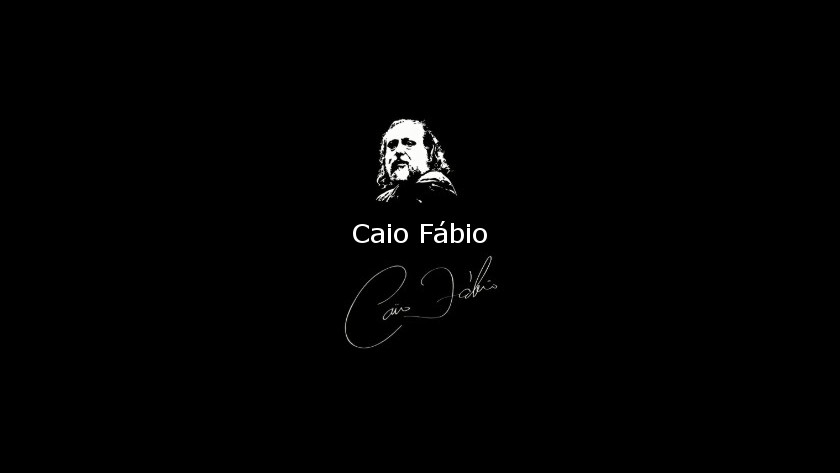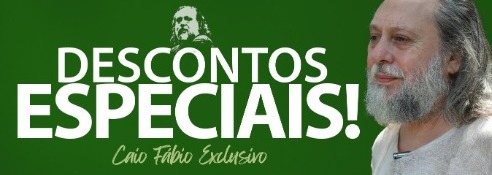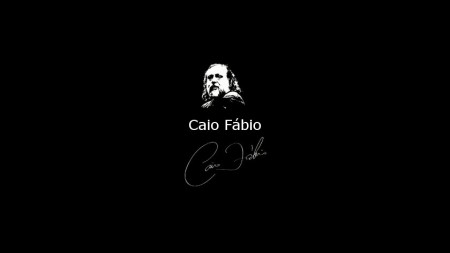
THE TRAGIC CHOICE BETWEEN STUPIDITY AND ACADEMICISM
The saying that goes “the more you know, the more you know that you don’t know” sounds like a cliché, but even so it’s true.
Yes, because ignorance labeled as knowledge causes the self to swell and become arrogant. On the other hand, a knowing-that-knows-that-knows-nothing is given eternal wisdom.
It’s this way because he who thinks he knows is already buried in the grave of his own knowledge, as it only is a “knowledge-of-his-own”. Therefore, such knowledge is systematic and hermetically closed. As an objection to such an exclusivist kind of knowledge, Jesus said, “My knowledge is not my own. It comes from Him Who sent me”.
With regard to a person who is possessed by such knowledge and brags about it, we have a saying in Portuguese that goes, “He’s a well of knowledge”. And that’s correct, because it’s just what such a person is: A well—a pit—filled with some or much knowledge. But that’s all.
However, the knowing-that-knows-nothing is like an ocean that feeds on waters poured out from heaven, and due to it, keeps being…
Such a person simply receives what comes down from heaven as if he himself were nothing but an existential ocean basin that lets out all that comes from above through its sand and earth drains in its deep bed. And through these drains, this individual waters the earth from its depths, feeding fountains, streams, rivers, and great rivers, which re-flow into the seas; and the seas, into the oceans. No to mention that each ocean part that is transformed into small units of itself everywhere it runs as the journey proceeds and in every state it is shown, is a transformation agent that brings about drizzles, rainstorms, thunderstorms, snowstorms, hurricanes, twisters…or just a morning dew.
And at the end of the cycle everything is re-cycled, and the ocean continues… Keeping cycles; however, open to and willing with regard to everything and everybody; making syntheses of appropriateness, adaptability and suitability in every circumstance.
However, he who only is a “well of knowledge” will only be nothing but a pit filled with information, or rather, would-be knowledge…
I’m writing this because I was watching a “sophisticated” documentary on TV when, suddenly, I felt like checking my e-mails. I opened the door to my room. From behind it, one of Lukas’ Bermuda shorts that I often put on fell down. Then a world of memories filled my mind. * I visualized him putting on those Bermuda shorts, many times, as he was talking to me… How badly I missed his caress, his languid “Hello Daaad” on the phone… A whole universe of pain, truths, joys, hopes, and much, much love…
Then, as I bent down and picked up his Bermuda shorts, it was as if I were being sucked into something unutterable, from whose center came an eternal embrace and a voice that said, “I Am Mystery. Delight yourself in Me.”
With a start, I took a leap!
I was still and quiet. I started thinking about the arrogance concerning any knowledge. I fell down and worshiped Him. Then I walked out of the bedroom, sat down here and started writing this.
Well, this was my personal process. However, regarding this subject, Paul says that all knowledge that is lacking in love only swells, inflates, but adds nothing to the self.
The knowing-that-is simply is, and thinks nothing of itself, doesn’t compare itself to anything, and doesn’t seek anything. However, it doesn’t waste anything and never, ever, doubts love. This is the major feature of the knowing-that-is: It never doubts love—ever.
The knowing-that-is thinks—and thinks a lot—, but the wellspring of its thoughts is love. Such knowing neither carries nor harbors any hatred in its relationships with anything, any being, or any subject in the world or any other realm, but only sees everything trough God’s loving eyes. Thus, wherever it turns to, it will see, and will always learn from what it sees—even if it’s darkness, because darkness is as light to God.
That’s why it says, “even at night You instruct me”.
The other day I heard pedagogue Rubem Alves say that God is “The Great Mystery”. That saddened me. He was almost there. But he was still too far. God is not “The Great Mystery”—something like a hymn that says, “There’s no God greater than You”. There sure isn’t! There are no God or Gods either greater or smaller! The fact that the All-powerful is doesn’t give room for the existence of Almost-All-powerful ones.
Just like there aren’t gods, there aren’t mysteries either. Therefore, God is not The Great Mystery. He is Mystery. And everything whatever originates from Him. And whatever we see as a mystery is only a mystery to us; however, it’s a mystery in Him, Who is Mystery in Himself.
In this way an individual becomes a “well of knowledge” but loses the ocean vastness. He senses the rain smell but never gets wet in it. He perceives the woods scents but never walks into the forest. He is amazed at the sea waves but never goes surfing. He drinks cold water but hates to be exposed to the fun of the cold weather.
If you want to know what the being-who-knows-that-he-knows-nothing is like, look at Jesus. Although He knew everything, He knew how to know and how to not know as well. And He marked this with God’s Mystery’s voice by saying, “No one knows about that day or hour, not even the angels in heaven, nor the Son, but only the Father.” In this way, the Son worships the Father so in Him and to Him are all things.
That’s why, too, Jesus never gave comprehensive explanations of anything. And whenever he explained, He only opened more bewilderment gates to His listeners.
He didn’t say why we endure pain; He just healed the painful. He didn’t say why some people exploit others, but He sheltered the exploited. He didn’t talk about Satan’s Fall, but made him fall down, and cast demons out. He never related to entities, but considered them ”powers”. He passed by on the edge of everything and remained in the center.
He never wrote anything, because He trusted in the Father’s love in an absolute way. So He gave Himself over to the memory of love, making Himself into bread and wine instead of writing treaties on His understandings.
He said, “I am the Way”, but made it clear that in order that you know what the way is like, you’ll need to follow Him by faith through the roads of life.
Therefore, Jesus is The One Who, in spite of being all-knowing, is surprised, changes His schedule, allows Himself to be constrained, and opens gates to everyone but those who see themselves as the Gatekeepers of God’s Knowledge before men. These ones—whether fanatical Pharisees, or sophisticated scribes and priests, or liberal Sadducees, or zealots committed to the political liberation of their people—Jesus always provoked.
Talking to those who were “knowledge pits”, Jesus said things as “you are not far”, or “Go, sell whatever you have and give it to the poor … and follow me”, or even “You hypocrite Pharisee!”
A self-professed knowledge immediately creates an intellectual Pharisee. In this way such knowledge kills the soul concerning the possibility of keep growing in the knowing-that-knows-that-knows-nothing, as it knows that it only knows because it’s loved by the Father, and knows that it’s pervaded by the Mystery’s Knowledge although it itself doesn’t know how or when. And that’s just why it keeps getting to know—only because it keeps believing.
The righteous shall live by faith concerning everything. Even—and above all—concerning knowing.
In Him,
Caio
___________________________________________
From the original: “A TRÁGICA ESCOLHA ENTRE A BURRICE E O ACADEMICISMO”
Translated by F. R. Castelo Branco | May 2007
* Lukas was one of Reverend Caio Fabio’s four children. On March 27, 2004, at age 22, he was run over by a car at high speed and died instantly. (Translator’s note)

